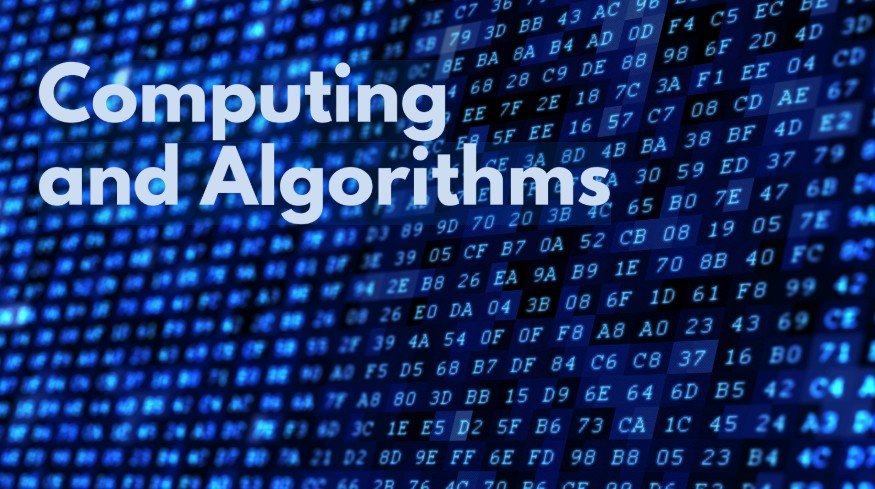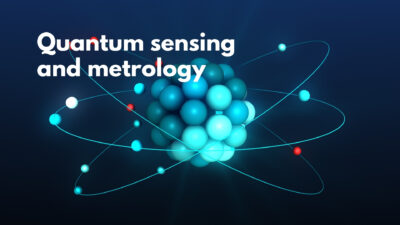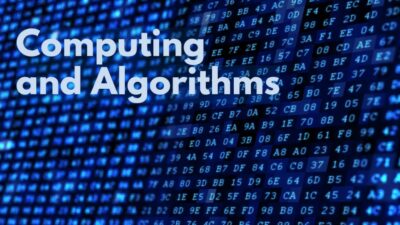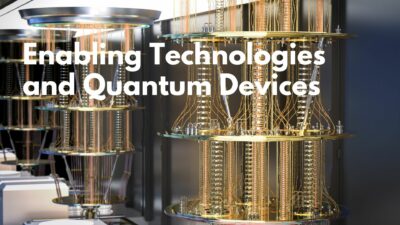Title: NIST Develops Method to Detect Correlated Quantum Errors
Summary:
The National Institute of Standards and Technology (NIST) has developed a new method to detect correlated dephasing errors in quantum systems. This is a crucial step in improving the accuracy and reliability of quantum technologies.
The method works by accessing a signal from a quantum system containing multiple qubits. Each qubit has a nonzero rate of dephasing, while some qubits also have a nonzero rate of correlated dephasing. The signal provides information about a matrix with both diagonal and off-diagonal elements.
The key innovation is that the off-diagonal elements of the matrix are 2-sparse, meaning they have very few non-zero values. By performing randomized measurements of these sparse off-diagonal elements, NIST’s method can recover the full matrix based on direct measurements of the diagonal elements.
This approach enables the detection of correlated dephasing errors, which is a major challenge in quantum computing and other quantum technologies. The method could help improve the performance and reliability of quantum systems by identifying and mitigating these errors.
The potential impact of this work is significant, as it addresses a major hurdle in the development of practical quantum technologies. By enabling more accurate detection and correction of correlated quantum errors, this method could help advance the field of quantum computing and other quantum-based applications.
Keywords: Quantum, correlated, dephasing, qubits, error, measurement, accuracy, reliability




